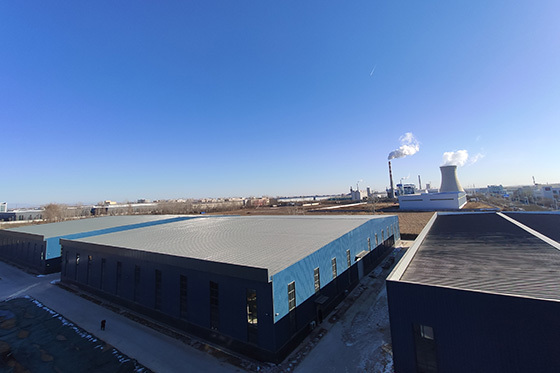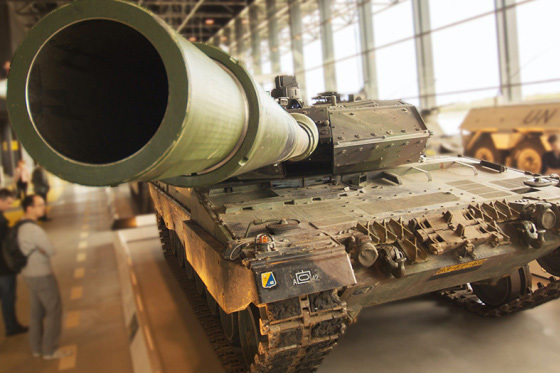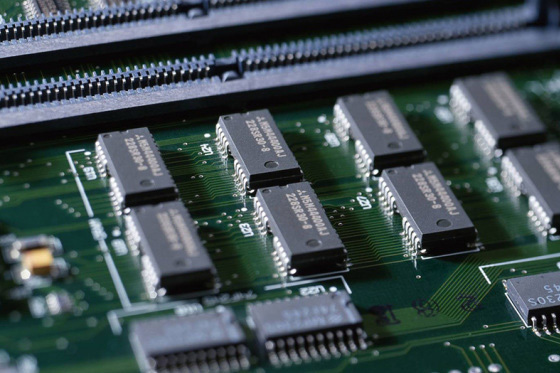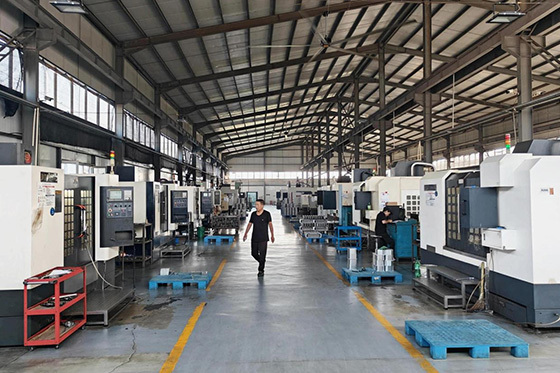What are the material selection and application of CNC milling? Everything you need to know is here.
Release time:
Jun 08,2024
In the field of CNC milling, the correct material selection and application is essential. Different materials are suitable for different processing requirements, so it is important to understand the characteristics and advantages of each material. This article will introduce several common CNC milling materials and their applications to help you make informed choices in the manufacturing process.
In the field of CNC milling, the correct material selection and application is essential. Different materials are suitable for different processing requirements, so it is important to understand the characteristics and advantages of each material. This article will introduce several common CNC milling materials and their applications to help you make informed choices in the manufacturing process.
First, let's look at the aluminum alloy. Aluminum alloy is one of the most common materials in CNC milling because of its lightweight, high strength and good corrosion resistance. This makes aluminum alloys ideal for component manufacturing in industries such as aircraft and automobiles. In addition, aluminum alloy also has good thermal conductivity, making it an ideal choice for manufacturing heat sinks and radiators. However, it should be noted that the cutting performance of aluminum alloy is poor, so it is necessary to use suitable tools and cutting parameters in the milling process.
Secondly, stainless steel can not be ignored. Stainless steel has excellent wear resistance and corrosion resistance, making it the material of choice in many fields, including food processing, medical equipment and chemical equipment. Stainless steel also has good strength and hardness, making it ideal for applications that need to withstand high pressure and high temperature environments. However, the cutting of stainless steel is difficult, and appropriate coolant and process parameters need to be used when milling.
In addition, for applications that require higher strength and hardness, titanium alloys are a good choice. Titanium alloys have excellent mechanical properties and corrosion resistance, and are widely used in high-end aerospace, medical and military fields. However, the processing of titanium alloy is difficult. Due to its low thermal conductivity and high activity, it may cause tool wear and cutting difficulties. Therefore, when using titanium alloys for CNC milling, appropriate cooling and cutting strategies must be adopted.
In addition to the above materials, there are many other materials to choose from, such as copper, plastic and composite materials. Each material has its own unique characteristics and applications, and needs to be selected according to specific requirements and processing conditions.
By understanding the characteristics and applications of different materials, you can better choose the right material for your project and improve the efficiency and quality of CNC milling. Remember, when choosing materials, consider factors such as processing difficulty, mechanical properties, corrosion resistance, and cost.
I hope this article can provide you with some useful information in the selection and application of CNC milling materials. If you have any questions, please feel free to consult our expert team.
Key words:
Popular Info



















